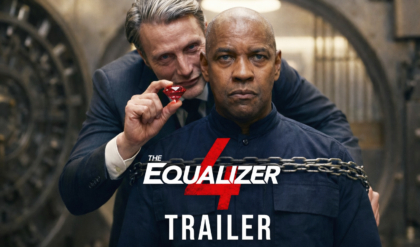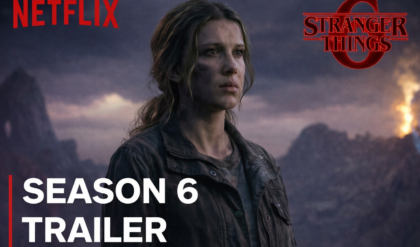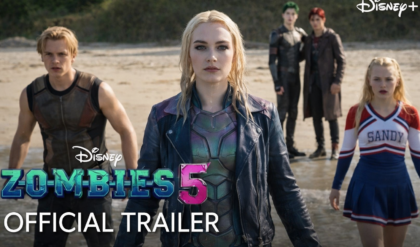Why Abby Wants to Kill Joel in The Last of Us Season 2: A Deep Dive into Vengeance and Trauma
HBO’s The Last of Us Season 2, which premiered on April 13, 2025, has thrust fans into a whirlwind of emotion and conflict, building on the monumental success of Season 1. Adapted from Naughty Dog’s The Last of Us Part II, the season introduces Abby Anderson, played by Kaitlyn Dever, a new character whose burning desire to kill Joel Miller (Pedro Pascal) lies at the heart of the narrative. While Season 1 chronicled Joel and Ellie’s (Bella Ramsey) surrogate father-daughter bond across a post-apocalyptic America, Season 2 shifts gears, exploring the ripple effects of Joel’s choices through Abby’s lens. This 1,500-word article unpacks the reasons behind Abby’s vendetta, weaving together show details, game context, and fan reactions to reveal why her mission has sparked such intense debate. Note: This breakdown contains mild spoilers for Season 2 and The Last of Us Part II, but I’ll keep major plot points vague to preserve the experience for newcomers.
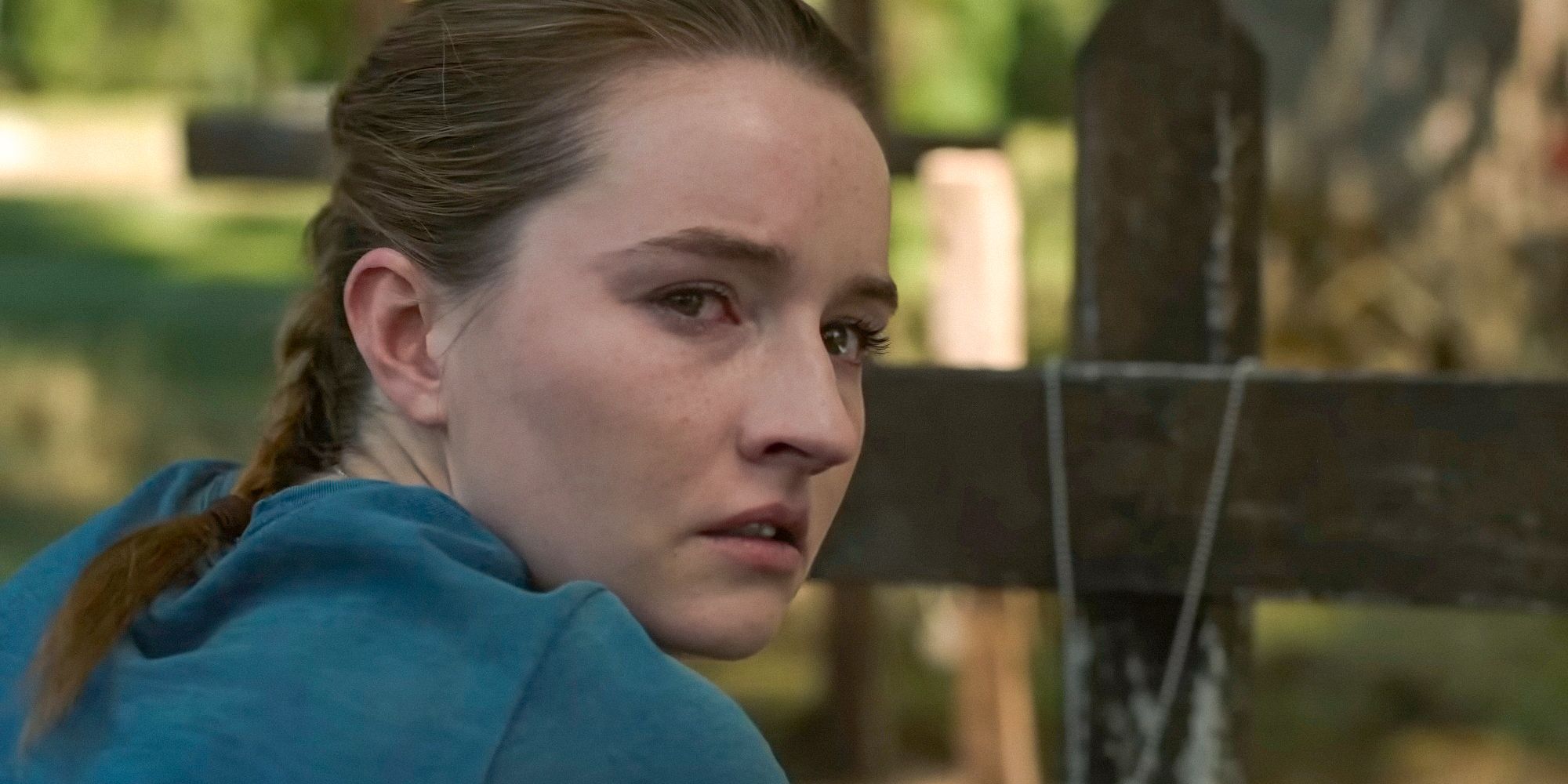
Setting the Stage: Abby’s Introduction
Season 2 opens in Jackson, Wyoming, five years after Joel’s fateful decision at the end of Season 1 to save Ellie from the Fireflies, the revolutionary group seeking a cure for the Cordyceps fungal infection ravaging humanity. Now settled in a thriving community, Joel and Ellie navigate a strained relationship, with Ellie grappling with teenage rebellion and Joel haunted by guilt. Enter Abby, a hardened soldier with the Washington Liberation Front (WLF), whose steely resolve and physical prowess mark her as a force to be reckoned with. The premiere, “Future Days,” teases her arrival with cryptic glimpses—tendrils slithering through pipes as her crew nears Jackson—hinting at a personal mission tied to Joel.
Abby’s vendetta isn’t random; it’s rooted in a deeply personal loss that reshapes the show’s moral landscape. Unlike Season 1’s focus on survival, Season 2 delves into cycles of violence, with Abby embodying the consequences of Joel’s actions. Her reasons, drawn from The Last of Us Part II and subtly expanded in the show, resonate with themes of grief, justice, and the cost of love in a broken world. Let’s explore why Abby wants Joel dead, breaking down her motivations, the show’s context, and the fan discourse surrounding this pivotal conflict.
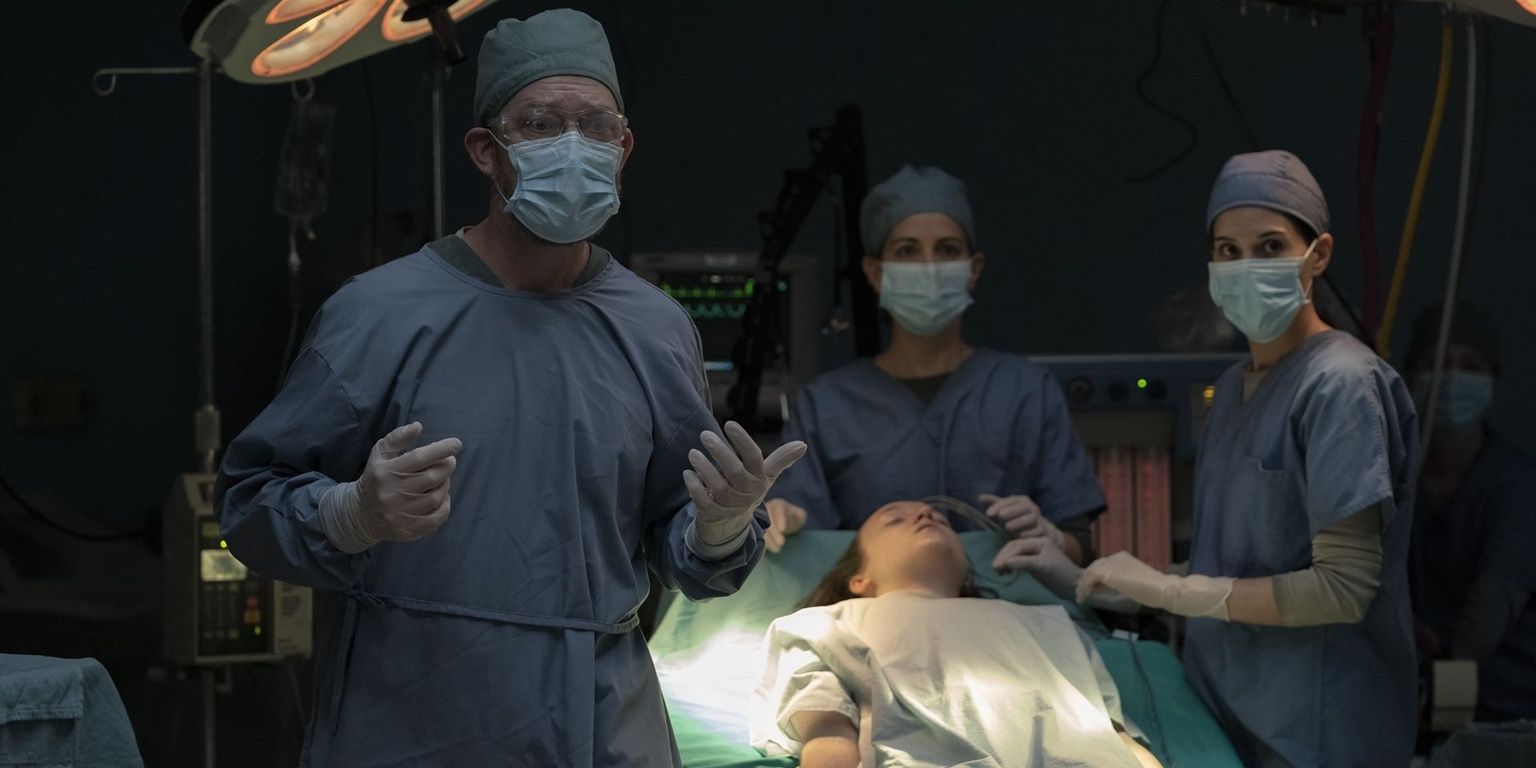
The Root of Abby’s Revenge: A Father’s Death
Abby’s desire to kill Joel stems from a devastating event tied to his actions at the end of Season 1. To avoid spoiling major game details, I’ll frame this broadly: Joel’s choice to save Ellie involved a violent confrontation at a Firefly hospital in Salt Lake City. This decision, while driven by his love for Ellie, had catastrophic consequences for others, including Abby’s family. In The Last of Us Part II, Abby is revealed to have a direct connection to someone Joel killed—a figure central to her life—whose death shattered her world. The show mirrors this backstory, with early Season 2 flashbacks (hinted at in Variety’s review) showing Abby’s life before her quest, painting her as a grieving daughter turned warrior.
This loss transforms Abby into a relentless avenger. ScreenRant notes that her motivation is “intensely personal,” driven by a need to reclaim agency after trauma. In the game, Abby’s training with the WLF—a militia group opposing FEDRA’s control—hones her into a lethal operative, and Season 2 portrays her similarly, with Dever’s performance blending vulnerability and rage. A brief scene in Episode 1, where Abby grips a memento from her past, suggests her pain fuels her mission, per The Hollywood Reporter. Fans on X have picked up on this, with one post stating, “Abby’s vibe screams ‘someone hurt her bad,’ and I’m scared it’s Joel’s fault,” reflecting early speculation about her drive.
Joel’s hospital rampage, while heroic to some, was a moral flashpoint. IGN argues it made him “both savior and villain,” depending on perspective. For Abby, it’s the latter—his actions robbed her of hope and family, setting her on a collision course. The show’s writers, Craig Mazin and Neil Druckmann, amplify this by giving Abby more screen time early on, unlike the game’s delayed reveal, making her a complex antagonist from the start.
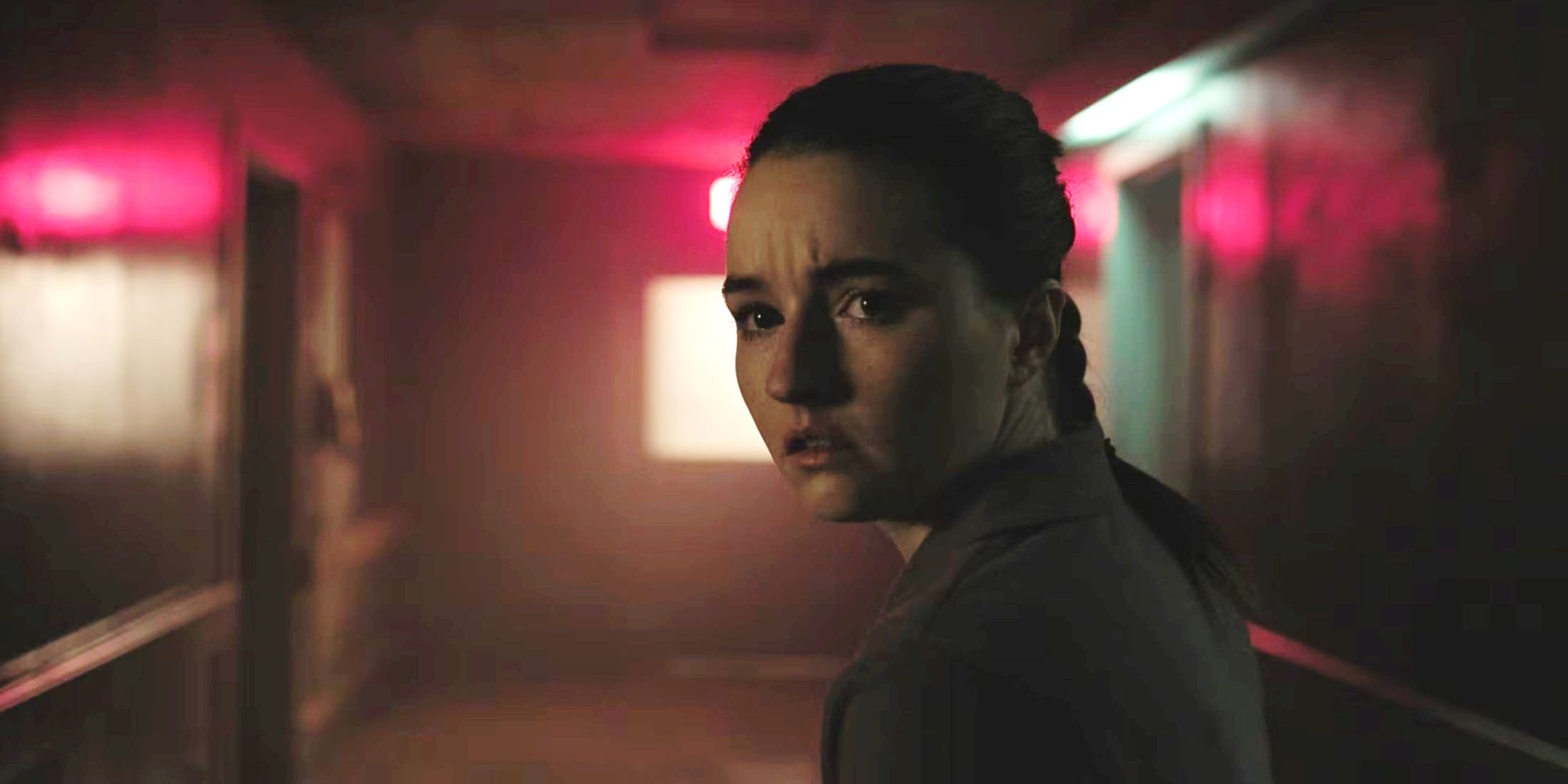
The Firefly Connection: A Lost Cause
Abby’s vendetta also ties to the Fireflies, a group Joel dismantled in Season 1. The Fireflies believed Ellie’s immunity could yield a vaccine, but Joel’s intervention ended that dream. Abby’s stake in their cause adds layers to her hatred. Without diving into game spoilers, her backstory involves someone integral to the Fireflies’ mission, making Joel’s destruction of their hope a personal betrayal. Collider suggests Season 2’s flashbacks will flesh out this connection, showing Abby’s life in a Firefly stronghold before it unraveled.
The show hints at this through Abby’s crew, introduced in Episode 1, who share her disdain for Joel. TVLine describes them as “loyal but volatile,” suggesting a shared vendetta, though Abby’s is the most visceral. Her skills—honed through years of surviving infected and raiders—reflect a life shaped by loss, per The Last of Us Wiki. This context explains why she’s fixated on Joel, not Ellie or Jackson broadly; he’s the architect of her pain. X posts like “Abby’s crew looks ready to burn Jackson down, but it’s Joel they want” capture this focused rage, with fans piecing together her Firefly ties from trailers.
The Fireflies’ collapse also symbolizes a broader loss of hope, which NPR calls Season 2’s undercurrent. Abby’s quest isn’t just revenge—it’s an attempt to restore meaning to a world Joel upended. This makes her both relatable and terrifying, a mirror to Joel’s own desperation in Season 1.
Abby’s Transformation: Grief to Rage
Abby’s journey from grief to vengeance is central to her character. In the game, she’s depicted as a young woman hardened by years of training, her physique and combat skills reflecting a life dedicated to her goal. Season 2 adapts this, though Dever’s casting sparked debate among fans expecting a more physically imposing Abby, per Kotaku. Dever counters this with a fierce performance—her “blistering” intensity, noted by The Wrap, conveys a woman consumed by purpose. A training montage teased in HBO’s sizzle reel, showing Abby sparring with WLF soldiers, underscores her preparation, echoing the game’s portrayal of her as a one-woman army.
This transformation isn’t just physical. Mashable highlights Abby’s emotional isolation, evident in her terse exchanges with allies like Owen (yet to appear prominently in Season 2). Her single-minded focus on Joel alienates her from softer connections, a trait Season 2 explores through quiet moments, like Abby staring at a faded photo. Esquire suggests these glimpses make her “more human than the game’s early beats,” a choice that’s divided fans. Some X users praise this depth—“Abby’s not just a villain, she’s broken”—while others, expecting a colder antagonist, gripe, “Why’s she so soft already?”
Her rage also reflects the show’s theme of cyclical violence. The Verge argues that Abby and Joel are “two sides of the same coin,” both driven by love-turned-destruction. This parallel makes her quest compelling, as viewers grapple with rooting for Joel while understanding Abby’s pain.
Does Abby Kill Joel? What Happens In The Last Of Us Part II Game
Abby Does Kill Joel — And, As Promised, She Kills Him Slowly
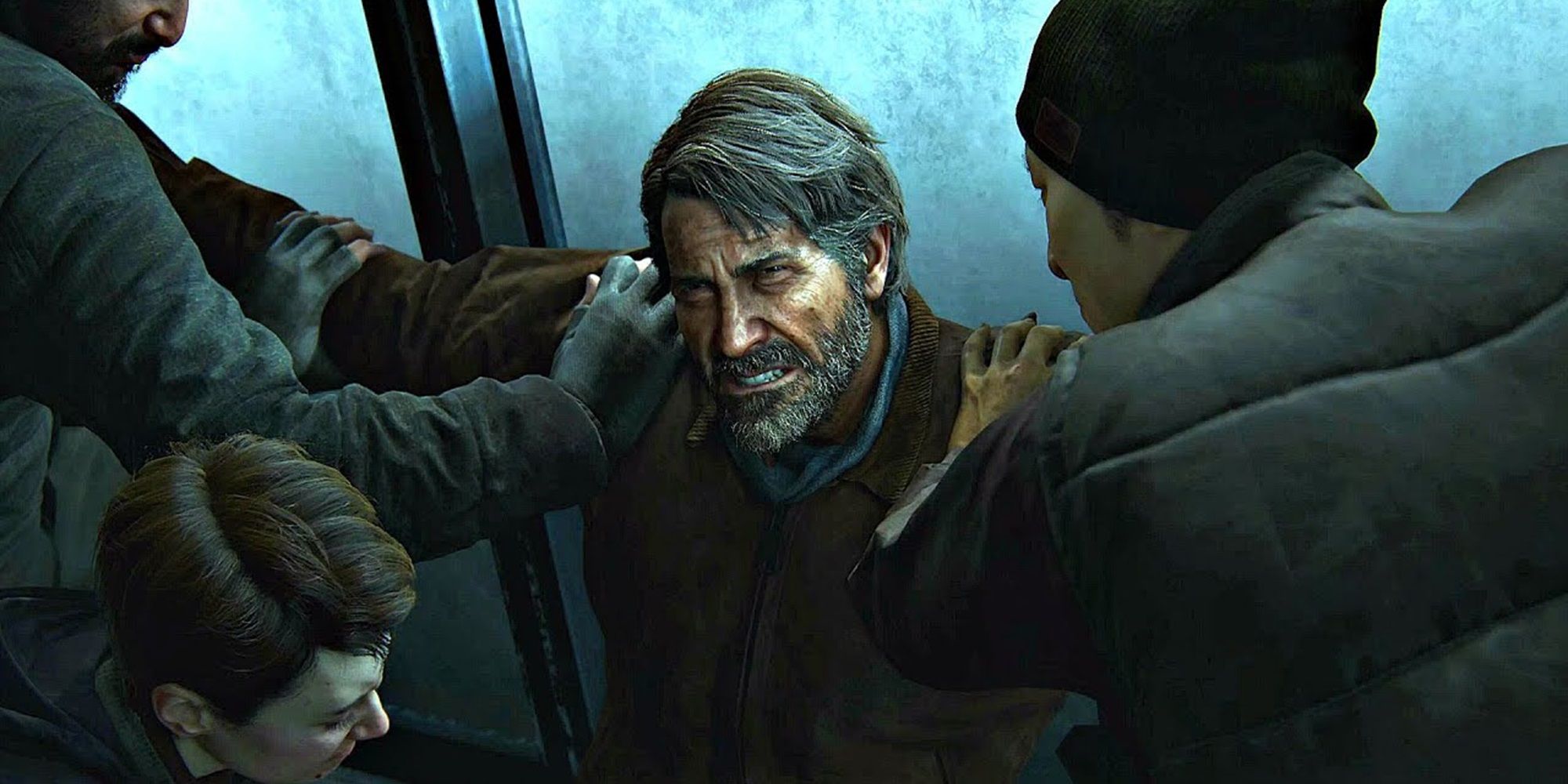

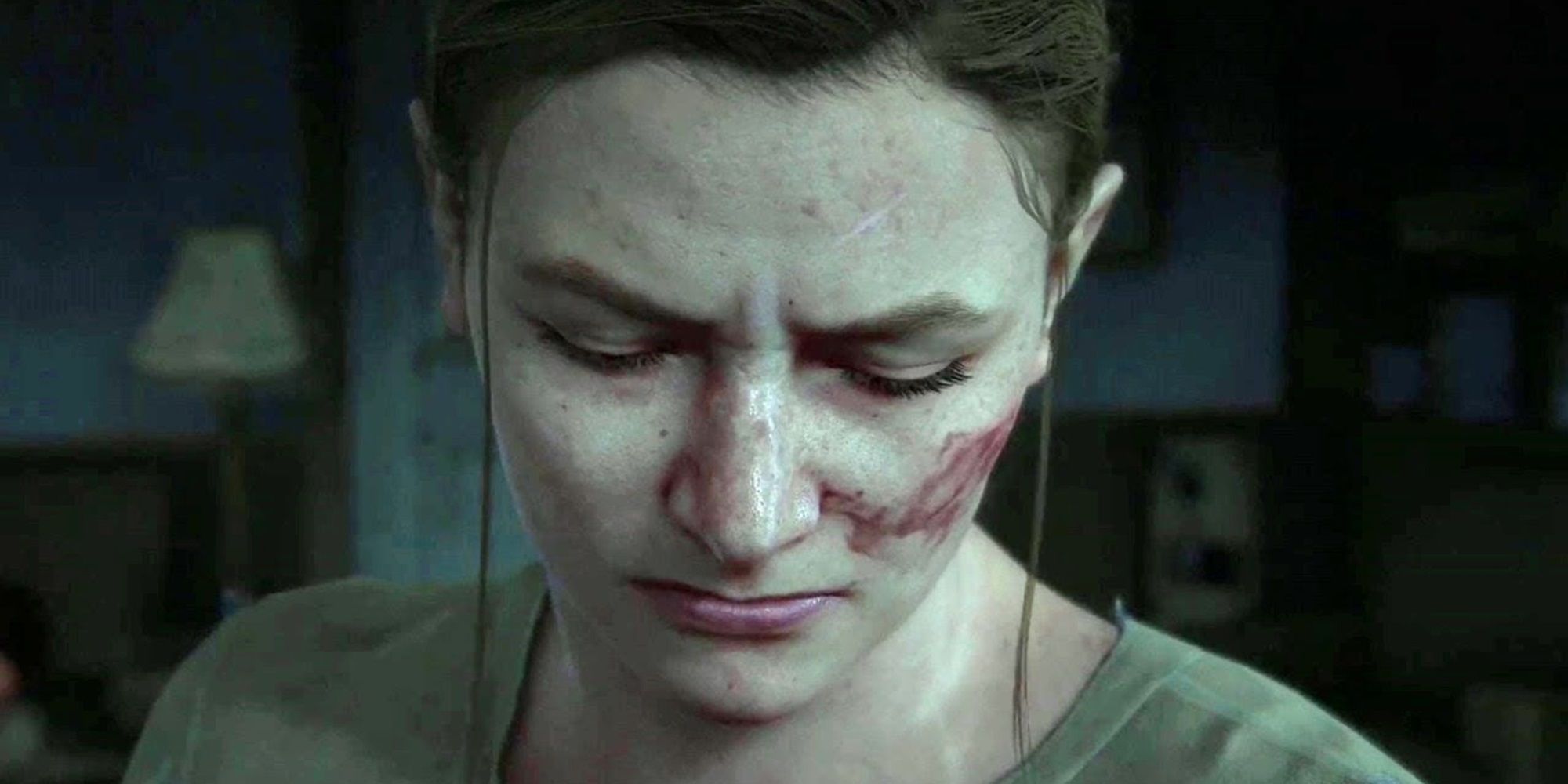
Fan Reactions and Moral Ambiguity
Abby’s arc has ignited fierce debate, echoing the game’s 2020 reception. The Last of Us Part II polarized players with its bold narrative, and Season 2 inherits that lightning rod. Digital Spy notes that Abby’s introduction “challenges fans’ loyalty to Joel,” with her motives forcing viewers to question his heroism. On X, reactions range from empathy—“Abby’s got every right to be pissed, Joel did THAT”—to defense of Joel: “She’s coming for our guy, no way I’m Team Abby.” This split mirrors the game’s discourse, where Abby’s perspective humanized her for some and alienated others.
The show’s changes, like giving Abby early focus, amplify this. Nerdist praises Mazin and Druckmann for making her “instantly dimensional,” unlike the game’s slower reveal. But Forbes warns that rushing her story risks diluting her impact, especially for game fans expecting a specific pacing. Dever faced backlash pre-release, with People reporting extra security due to toxic fan reactions, a sad echo of Laura Bailey’s experience voicing Abby. Yet, her performance is winning skeptics, with Slashfilm calling it “magnetic,” suggesting Season 2 might soften the divide.
The moral ambiguity is deliberate. AV Club argues that Abby’s vendetta “holds a mirror to Joel’s sins,” forcing viewers to wrestle with justice. Is she a villain, a victim, or both? Season 2’s trailers, showing Abby confronting infected and humans alike, hint at her complexity, setting up a showdown that’s as emotional as it is physical.
Production Context and Future Hints
Season 2’s production, filmed in Vancouver under the codename Mega Sword, faced 2023 strike delays but delivered a $200 million spectacle, per Forbes. Abby’s arc benefits from this scale—her Seattle sequences, teased in Collider, promise visceral action. Mazin told EW that Season 2 only covers part of Part II, meaning Season 3 (confirmed April 9, 2025, per Deadline) will deepen Abby’s story. ScreenRant speculates she’ll share more screen time with Ellie, exploring their parallel paths, a prospect X fans are buzzing about: “Abby vs. Ellie is gonna break me.”
The show’s tweaks—like tendrils replacing spores—enhance Abby’s world, making her pursuit more harrowing. The Last of Us Wiki notes her WLF ties add political heft, tying her to broader conflicts. Whether Season 2 sticks to the game’s timeline or reshuffles events, Abby’s hunt for Joel is the emotional core, per Variety.
Conclusion: A Vendetta That Redefines the Story
Abby’s quest to kill Joel in The Last of Us Season 2 is more than a revenge plot—it’s a lens into the cost of survival and the blurred lines of right and wrong. Driven by a profound loss tied to Joel’s hospital massacre, her Firefly roots and personal grief fuel a mission that challenges viewers to rethink heroism. Dever’s nuanced portrayal, paired with the show’s bold changes, makes Abby a polarizing yet magnetic figure, sparking debates that echo the game’s legacy. As Season 2 unfolds, her clash with Joel promises heartbreak and revelation, cementing The Last of Us as a story where love and vengeance collide. Whether you side with Abby or Joel, one thing’s clear: this conflict is why everyone’s talking—and it’s only getting started.


